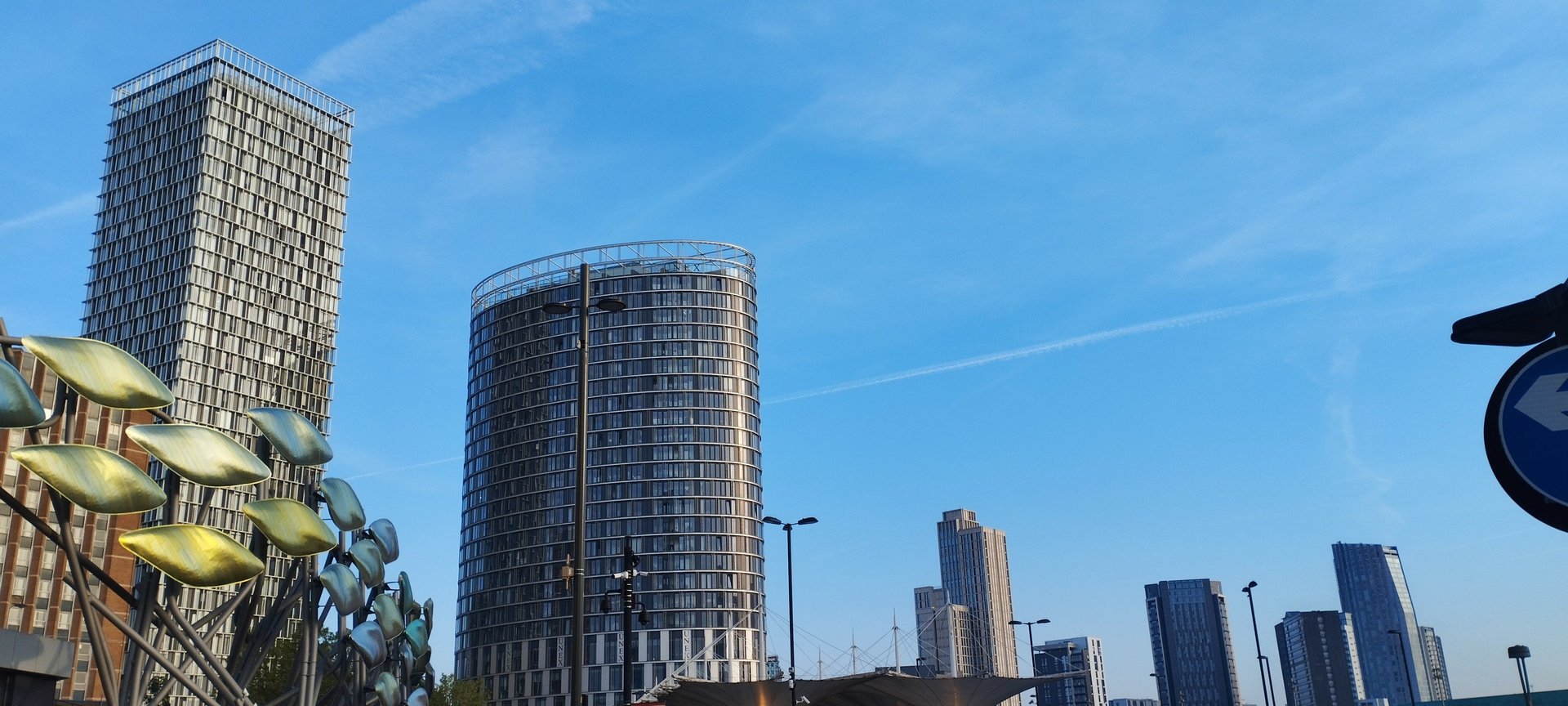
Poverty
Has it Changed?
SOCIAL TOPICS
Meghana Meda
Poverty; the lack of something. But what does a person need to lack to be in poverty? Well, in today’s society, anything. But what is one kind of poverty that defined it’s meaning in the first place? Economical poverty. This poverty however, dictated society in a way that still might remain today.
1837-1901
The Victorian Era. The time period where a Queen manufactured an empire so potent that it reigned over almost the entire world, against all the prejudices of the patriarchal society. The epoch of prosperity where the average British, middle to upper class household would possess foreign goods like textiles and spices while industries would be rich with irons and coals. But was this luxury everywhere?
The truth is, no. The bustling streets of the lower-class people were deprived of this even more than they were before. The only thing this section of society got was over population and unemployment, growing cities but house shortages. Overcrowding, poor sanitary conditions, destitution, child homelessness, child crime, disease – in four words, barbarity, atrocity, savagery and cruelty.
Society’s attitude didn’t help either. The class system defined where you belonged, who you could marry, what work you could do, and most of all, how you should live your life. Mingling or having thoughts about the lower-class was sinful. Any emotion towards them would only be pity. If this pity came to mind more often than not, a small donation would save your face in society. But any will to change the system? What were they thinking about? Changing the way of life? That’s absurd! Unethical! Unholy!
A child of the upper class would have their first debutante at a ball in high society. A child of the lower class? Their debutante would be at labor, in an inferior factory. This was just one of the differences. Advantage was an unadorned commodity in rich hands and a hope so aloof that it was beyond reach to the meagre’s eyes.
1910 Onwards
The Modern Era. The time period where development became so fast, that every 5 years seemed like a new generation. A new invention or scientific discovery didn’t take a century, or a decade to become reality. It was the renaissance of the renaissance, where the true monarchs were society, economics and politics. Yet, poverty remains the same.
When it came to the 1900s, the class system wasn’t a series of walls that barricaded a person to their class. No staying in bounds. Instead, it became a ladder, a social ladder to be exact, that people anticipated to climb up. If you didn’t, well it obviously meant you were going down the snake. Because a still player isn’t a player at all. In economy’s eyes, if you made no progress then there must have been something wrong and there began the rumors. Maybe it wasn’t even the actual fault and instead the obscure rumors that brought downfall to a person that time.
Now, here comes the 21st century. One, that many thought wouldn’t exist after the millennium. But its existence has flourished way beyond expectation with the most unique innovations and complications.
22% of the UK’s population lives in poverty today. Why? Well, a whole lot of reasons. Unemployment, lack of education, consumerism, and many more. There is irony in the fact that London, the place where the most money in the UK resides in the Great Bank of England, is also the place where a majority of the poor live too, many just because of housing costs. It was the city that began the industrial expansion, and thus equally crowded.
Has the situation gotten better? Yes. But does that mean that poverty has been better? Maybe. For example, poverty now has a standard in the UK. If you earn less that 70% of the median income, then you are considered poor. Back then, the poor had no standards. No one gave a care for them. It was the rich who had standards. If you had money to care, you were good but not good enough, if you had money to spend though? That was another case.
So yes, they have the attention now. But does that change everything? Not really. Because whatever your standard is, if you aren’t comfortable, if you don’t get necessities, then you are poor. Charities will help, Poverty Lines will help. But the fact that you are poor is still constant. Constant, until your income changes and you reach the higher tier of the unofficial game.
Even the class system doesn’t officially exist in this century. With laws promoting equality, social responsibility in a new light, it doesn’t and shouldn’t exist. But it might still exist from a singular view from person to person, where advantage can be seen with people who are economically successful and poverty with those who aren’t. But question arises with the fact that this doesn’t define classes still, rather advantage only. The ‘middle-class’ as we call it can be seen in two ways, for example. To the ‘upper-class’, it becomes the ‘lower-class’. They are poorer than some. To the ‘lower-class’, it becomes the ‘upper-class’. They are richer than some. And this concept never remains constant either. As soon as one gains or loses money, their class changes. So how can this system be true? Thus, doesn’t money or poverty simply explicate the advantage or disadvantage someone lives with when of that status?
Copyright by Meghana Meda. All Rights Reserved
